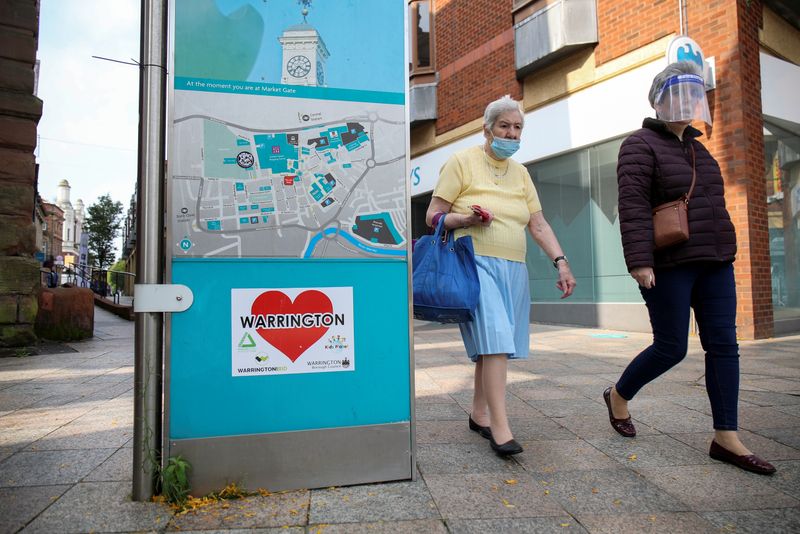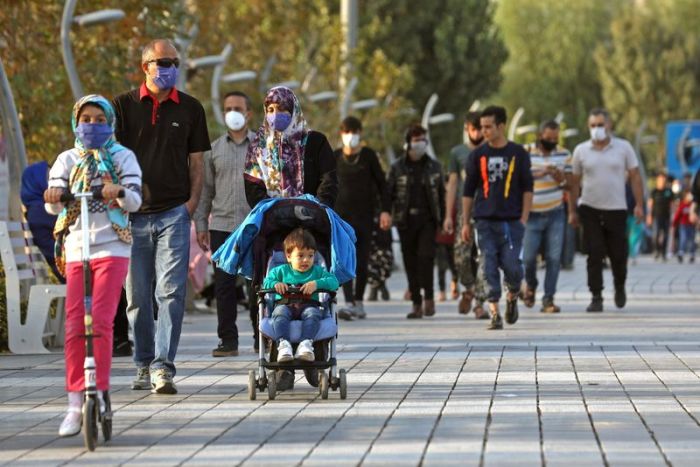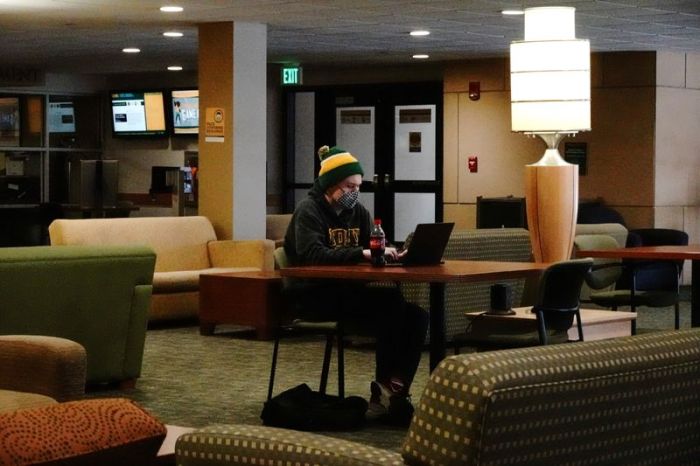LONDON (Reuters) – Britain announced wider coronavirus restrictions on Monday which will take the number of people under England’s highest category of alert to nearly 8 million, as the government battles a sharp rise in cases.
The number of new COVID cases has risen by almost a quarter over the past week to 153,483, and new COVID deaths were 50% higher than the week before at 1,272, taking fatalities over the course of the pandemic to 44,998, the highest in Europe.
From 0001 GMT on Tuesday Warrington in northwest England will be classified as the highest Tier 3 alert level, Britain’s health ministry said.
Local authorities in Nottingham in central England and three nearby towns said they would have similar restrictions from Thursday, the first areas outside northern England to do this.
Under these curbs, people from different households are no longer allowed to socialise outdoors, adding to an existing ban on indoor socialising in much of England, while pubs and bars that do not serve food must shut.
More than 7 million people across northern England, including major cities such as Manchester, Liverpool and Sheffield, are already under these restrictions.
Schools, shops and restaurants in England are allowed to stay open, unlike the first lockdown in March and April.
Other parts of the United Kingdom have imposed stricter curbs than Britain’s central government, which only has direct control over health policy in England.
Wales has shut all non-essential retailers, pubs and restaurants in a 17-day lockdown which began on Friday, and Scotland has severe curbs on hospitality across most of the country.
Pubs, restaurants and hairdressers are also closed in Northern Ireland until Nov. 13.
(Reporting by David Milliken; Editing by William James and Alioson Williams)

























